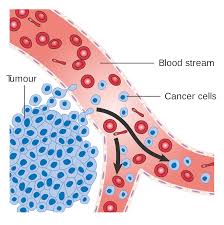A group of American scientists has found a new possibility to cure leukemia, a deadly disease that strikes patients as young as seven.
In a study published in the Journal Nature Medicine, the group from Stanford University and National Institute of Health (NIH) found that a molecule, called CD22, can serve as a potent target for the killer cells of acute lymphoblastic leukemia, reports Xinhua news agency.
The development comes after the US Food and Drug Administration last year approved a cell-based gene therapy, namely the CAR T-cell treatment.
It works by genetically modifying a patient’s own immune cells to seek out and attack leukemia cells that have a molecule called CD19 on their surface. Such a therapy relies on the patient’s own T cells — a type of immune cell that can become a powerful killing machine.
Stanford oncologist Crystal Mackall and NIH’s pediatric hematologist Terry Fry, discovered that a molecule called CD22 can be a similar target.
Scientists treated 21 patients with treatment-resistant B-cell leukemia who are aged seven to 30 to test the new CD22-directed method.
Seventeen of them were previously treated with CD19-directed therapy and 15 of them had either relapsed or failed to respond.
They found that at the lowest dose level, one in six patients achieved complete remission after treatment, and with an escalated dose, 11 of 15 patients entered remission.
IANS
US scientists find new possibility to cure leukemia

